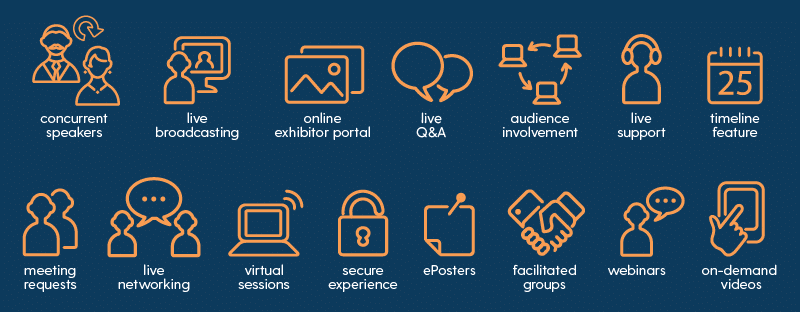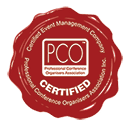Video marketing is a very effective way to promote your event and content can easily be recorded with most smartphones. For a very low cost (or free) you can create a meaningful video that can be used to promote your organisation or invite participants to your event.
Here are some easy and effective tips for recording on a digital device (such as an iPhone) and making a quality video.
Before you start:
- Clear memory on your phone to make sure there is enough space to record
- Wipe clean your phone camera lenses and up the brightness on your phone to get the best picture possible
- Put your phone on flight mode when recording to make sure you don’t have any unexpected dings, noises or vibrations happening during your recording
- Make sure you keep your device steady and at eye level. There are some low-cost selfie sticks and mic holders that are very effective – or place your device on a stable object
- Write a script and make sure to include a clear introduction of who you are and how your role relates to the organisation
- Remember that you don’t have to say everything you want to express. E.g. you can write over the video with text, or pop slides up with crucial points
- Keep it short and sweet! If you have six people you would like featured, each person’s segment should be no more than 10 seconds
- Keep your messaging clear and don’t try to include too much information. Ideally, your video should be a maximum of 60 seconds
- List all the shots you need and make sure to include these three – wide shot (show where you are), mid shot (show the action), and closeup (a person reacting, a paper, magazine, texture or fabric)
- Get creative – do you have a clear message or short story? Consider making cards with text on them as added interest to your story as an effective and emotive form of communication
Recording:
- Keep it framed! Try and use a horizontal aspect when recording and lock in at this view for presenting
- Make sure there isn’t too much background noise when recording – wind, children pets, music (unless it is deliberate), etc. that could distract from your voice and message from being heard
- Give yourself some time before you start speaking and at the end before you stop the video, so when editing there is room for a slow fade in or out
- Always make sure you are looking at the camera when speaking and if you are recording using the reverse camera mode consider covering the view that shows you to minimise distractions
- Exposure – to prevent focus going in and out of your subject, tap the screen where you want the focus to be. You can also swipe your exposure up and down to change brightness until it looks best
- Don’t be afraid to move around. You don’t need to stay sitting at a desk. Talking about farming? Get out into the farm and show us!
- Make sure you tilt the camera up and get a shot of the sky, blank space, etc. this is important for adding in titles etc
- Don’t be afraid to make mistakes, sometimes these ‘bloopers’ make for fun recordings that show personality
- Make sure you have pressed record
- Remember to smile!
- Record a version of what you would like to say as a perfect reading. It doesn’t matter what is seen visually while this is happening, the point is to get a great reading/sound that can be overlayed over other video footage
- Record a version of what you would like to see, such as the team in action or event location. This is the reverse of the point above, as we can always add in your voice over the top later
- Have a go at ad-libbing and recording both your sound and filming together, as sometimes the more natural and off the cuff recordings are the most engaging
- Look back over your recordings and don’t be afraid to try again
- Don’t take yourself too seriously – most people are their own worst critic














